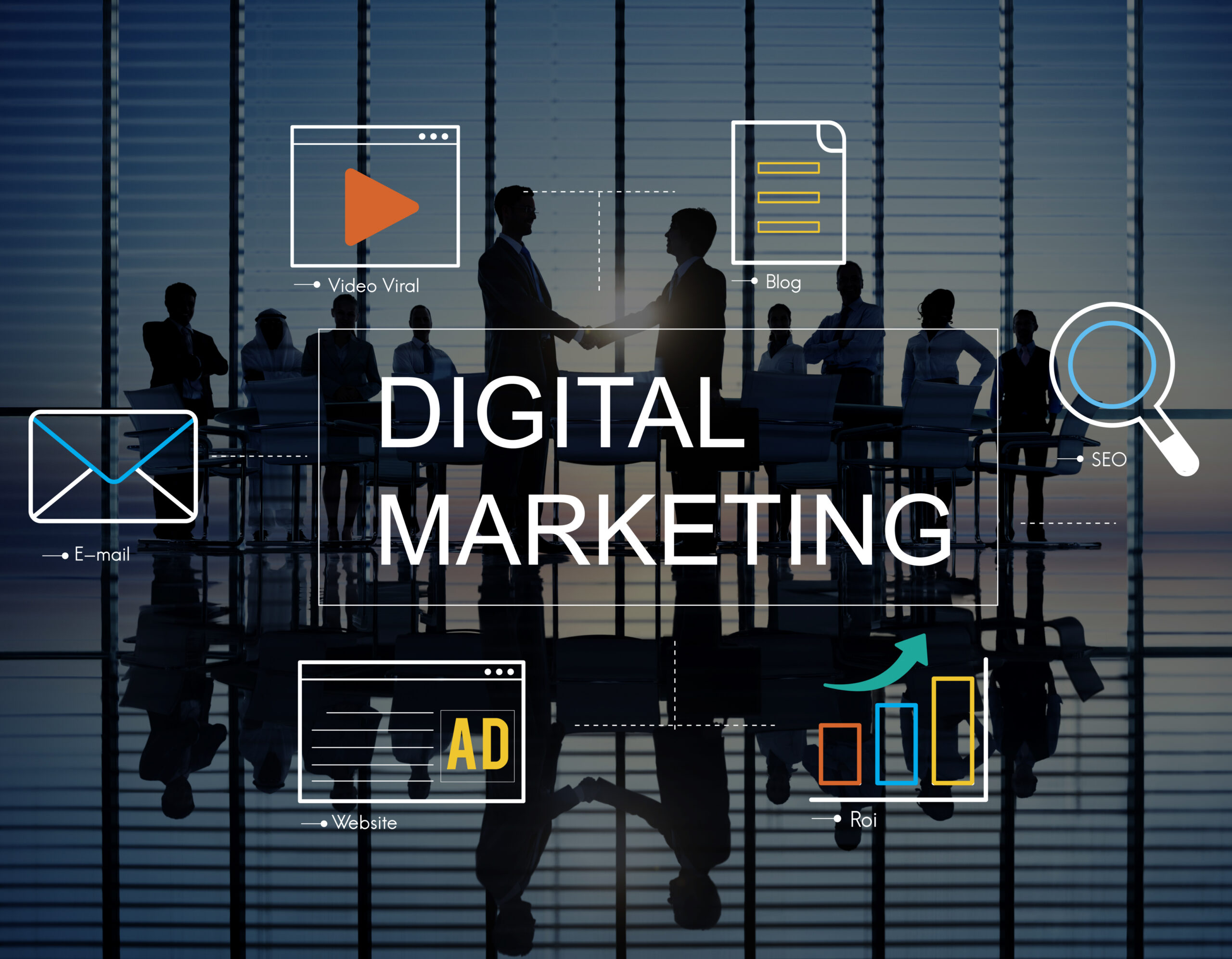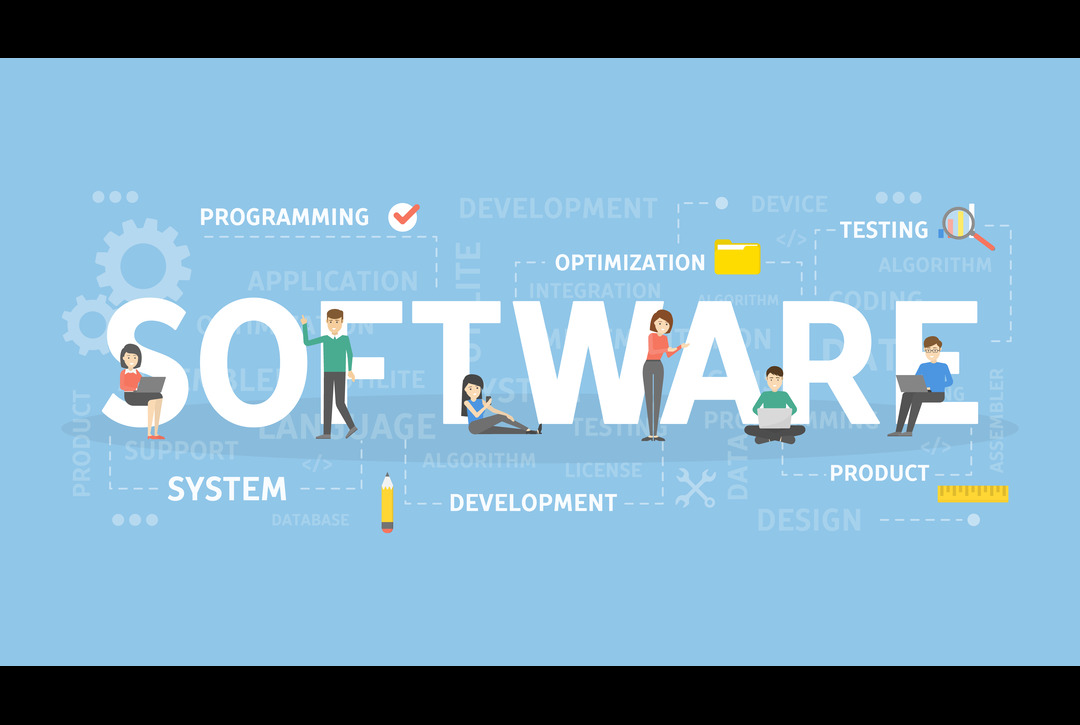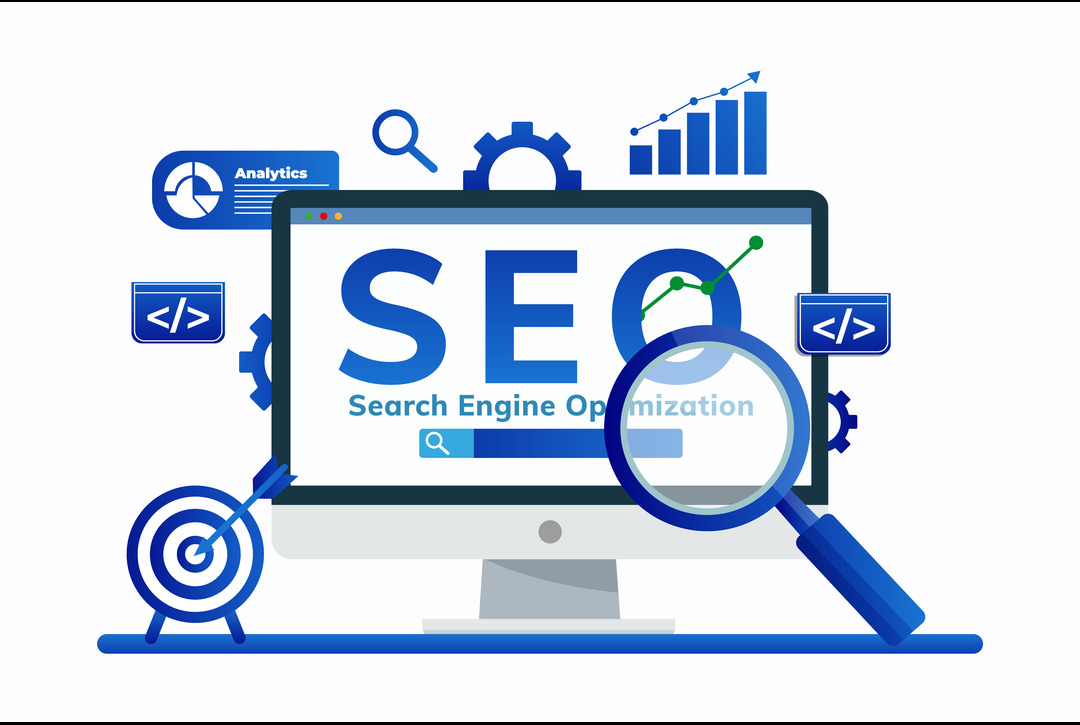The term “artificial intelligence” (AI) now encompasses more than just computer programs. Marketers can automate activities, customize the content, manage leads, and monitor and forecast client behavior with its wide variety of applications. That’s why the development of new artificial intelligence (AI) technologies and tools has been remarkable.
Companies in the IT industry are constantly in hyperdrive to develop ever-more-powerful solutions that will aid businesses in all kinds of sectors in becoming more productive and efficient. AI is transforming the landscape of digital marketing Services. Innovations like voice search provide users with new ways to find what they’re looking for online, receive personalized recommendations, engage with companies, and access information.
Why AI is Important for Digital Marketing:
For many years, machine learning and artificial intelligence have powered digital marketing services tools. Online shopping and the growing popularity of the Internet have opened up new avenues for data collection and analysis and allowed for a new kind of targeting and advertising.
Website owners and digital marketers were able to use this data and interact with clients online with the help of early AI technologies, such as email marketing software and algorithms that suggested content. This new generation of AI deployment is possible because of advancements in deep learning, cloud computing, and natural language processing.
Nowadays, marketers rely on AI for a wide range of tasks, including content creation, campaign crafting, result forecasting, customer experience improvement, and optimization of conversion rates. The use of AI is profoundly impacting the dynamic between brands and customers. Artificial intelligence (AI) has emerged as a game-changer in the corporate software industry.
What are AI’s pros in online marketing?
Like any other tool, AI has pros and cons. Marketers must understand these to decide which jobs and applications to employ AI for.
1. Enhances efficiency:
If you want to be more strategic and creative, automate your ordinary operations.
2. Analysing trends:
Use past data to predict industry patterns or consumer behavior for better and more precise planning.
3. Increases productivity:
AI may help make everyday activities like data entry, campaign lead sorting, and responding to client concerns more efficient.
4. Optimization of content creation:
Use AI to mass-produce channel-specific, SEO-optimized content. Finding the proper optimization is crucial for search engine optimization (SEO) to enter tool prompts.
5. Enhances Return on Investment:
At every point in the marketing funnel, utilize AI-derived insights to understand user behavior better and tailor content to their needs.
6. Provides valuable feedback:
Gain valuable insights into clients and campaigns using the data-driven capabilities of AI. These insights may then shape your strategic decisions.
7. Customize in bulk:
To improve the customer experience, analyze consumer data and make personalized suggestions or content.
The Use of AI for Digital Marketing:
1. Customer services:
Research has also demonstrated that interactions with customers can benefit from AI-enabled interactions. With generative AI, customer care material can be quickly and accurately generated by reviewing user comments, analyzing essential facts, and writing replies that seem like human interaction. This significantly improves customer satisfaction and speeds up reaction times. Digital marketing services strategies increasingly rely heavily on chatbots, which have grown more conversational and engaging thanks to advancements in artificial intelligence.
2. Systematic advertising:
To improve targeting accuracy and optimize ad performance, programmed marketing automates the purchase and sale of digital ad space via artificial intelligence and data. To maximize return on investment (ROI), advertisers may make real-time adjustments to their campaigns using automated bidding. Programmatic advertising is most effective when goals are defined, data sources are high quality, and real-time campaigns are monitored and adjusted based on insights.
3. Identifying niche markets:
Customer segmentation and targeting can help you locate and influence your most valuable customers. Segmenting clients’ prospects into categories or groups based on shared interests, requirements, or behaviors is a powerful use of AI algorithms. Together, recommendation systems and natural language processing may help you understand your customers better and provide them with better goods, services, and experiences.
4. Data analysis for analytics and optimization purposes:
Artificial intelligence to fuel data analytics can result in quick and accurate trend forecasts, which can then be used to influence digital strategy. By utilizing text analytics tools powered by artificial intelligence, digital marketers can sift through reviews and comments from social media platforms, both of which are instances of unstructured data, and arrive at insightful conclusions on consumers’ preferences.
5. Producing Top-Notch Content:
A good marketing plan must include the production of high-quality content. Thanks to the ever-improving capabilities of generative AI, quickly producing vast quantities of high-quality material is now within reach. This feature can do everything from coming up with ideas for blog posts to making material search engine optimized. Artificial intelligence has made it incredibly simple to produce high-quality material that seems like it was written by someone, all while saving skills that could be put to greater use elsewhere.
Conclusion:
Artificial intelligence (AI) is not merely a passing trend in digital marketing Services; it is an effective tool for changing the face of digital advertising. This article has covered how AI improves marketing efforts by providing customization, accuracy, and efficiency that are second to none. Artificial intelligence (AI) offers tools that change how organizations communicate with consumers. These technologies range from advanced data analytics and media production to consumer engagement and predictive insights.
If marketers want to be competitive, they need to keep up with the latest breakthroughs in artificial intelligence. The ongoing evolution of artificial intelligence technology will bring forth both new possibilities and new difficulties. If you keep yourself informed about these developments, you can be confident that your marketing efforts will utilize the most recent technologies for maximum effectiveness.










